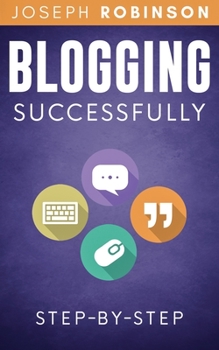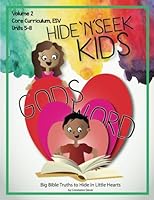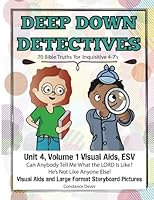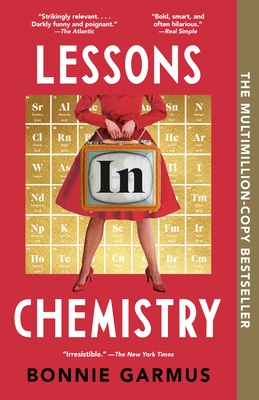Blogging Successfully: Steps And Techniques To Build An Audience And Make Money With Your Blog. Step-By-Step
Select Format
Select Condition 
Book Overview
Customer Reviews
Rated 5 starsMainframers, this is your book!
As a mainframe software engineer with over twenty years in the business, I have for several years now seen the need and have endeavored to learn some Object-Oriented Programming (OOP) language such as C++ or Java. Until recently, though, all I have had to show for my efforts is a stack of highly-rated but little-read books on the subject. The reason they are little-read is I would get about 4 chapters in to the book, only...
0Report
Rated 5 starsYour best choice for beginning OOP.
You want to learn the basics of the JAVA programming language and the object-oriented approach to programming (OOP)? This is the best book for you. You teach the JAVA programming language, and you expect your students to have a good grasp of the assigned material BEFORE they come to class? This is the best text for your students. The authors of the JDK 5 edition of Beginning JAVA 2 have taken the previous version of the...
0Report
Rated 5 starsExcellent book to learn Java and OOP.
This book is well written, well organized, and includes real-world business examples which other java books tend to lack. The double page layout is extremely helpful when the book is used a reference later on. (Explanation on one page, example code on the other.) I really liked the fact that they include JDBC and other database connectivity examples. This is rare in most beginning books, but is essential to building serious...
0Report
Rated 5 starsA "Must Have" for business application developers!
This book has taught me more in the first 175 pages than the first 500 pages of most other Java books!! This is the only book I have seen which spends its entire first chapter providing step by step instructions for setting up a Java environment so that you can get started learning Java immediately. Topics that frustrate beginners and novices alike, including setting path variables, package creation, and using Sun's JAR...
0Report
Rated 5 starsJava for Real Business Applications!
Finally there is a Java book for serious programmers doing real life business applications. Although the first five chapters must be read sequentially to ground the student in Java syntax and to understand the conceptual base of OOP - subsequent chapters may be taken out of order with little or no loss in the conceptual continuity. The examples and the projects are about real business implementations and not about toys,...
0Report











































